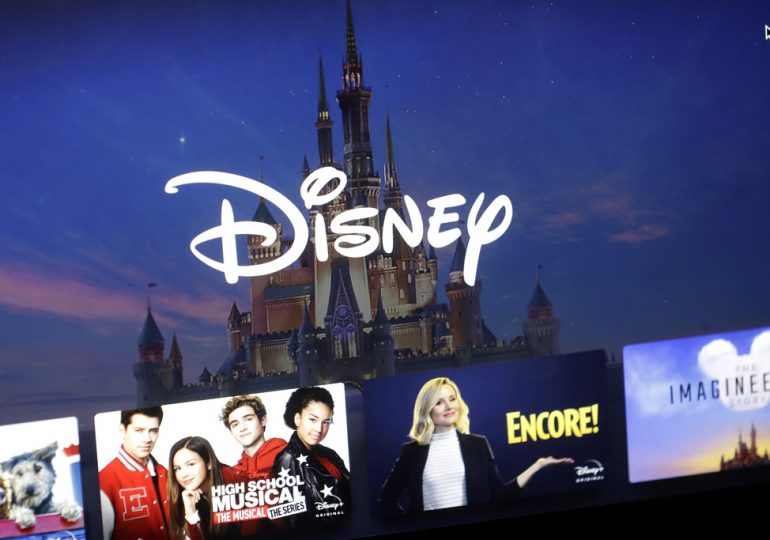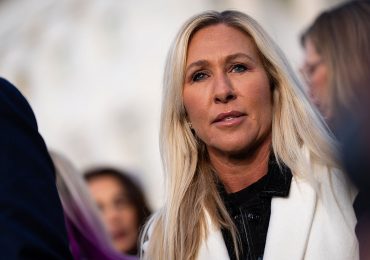A wrongful death lawsuit against Walt Disney Parks and Resorts is serving as a reminder to consumers of the importance of reading the fine print when signing up for a streaming service or smartphone app.
The lawsuit was filed by the family of a New York woman who died after eating at a restaurant in Disney Springs, an outdoor dining, shopping and entertainment complex in Florida owned by Disney.
[time-brightcove not-tgx=”true”]
Disney is arguing that the lawsuit should be dropped because the plaintiff, the woman’s husband, once signed up for a trial subscription of the Disney+ streaming service. That service, they argue, includes a subscriber agreement in which the customer agrees to settle any lawsuits against Disney out of court through arbitration.
Such agreements, which customers quickly consent to by clicking “I agree” when downloading an app or a streaming service, are so stacked against the consumer that it’s often difficult to offer good legal advice, said John Davisson, director of litigation at the Electronic Privacy Information Center.
“The consumer is presented with this contract and really doesn’t have an opportunity to negotiate the terms,” Davisson said. “It’s yes or no.”
What are the details of the lawsuit against Disney?
Kanokporn Tangsuan’s family says in the lawsuit that the 42-year-old New York doctor had a fatal allergic reaction after eating at an Irish pub in Disney Springs.
The lawsuit claims Tangsuan and her husband, Jeffrey Piccolo, and his mother decided to eat at Raglan Road in October 2023 because it was billed on Disney’s website as having “allergen free food.”
The suit alleges Tangsuan informed their server numerous times that she had a severe allergy to nuts and dairy products, and that the waiter “guaranteed” the food was allergen-free.
About 45 minutes after finishing their dinner, Tangsuan had difficulty breathing while out shopping, collapsed and died at a hospital, according to the lawsuit.
A medical examiner determined she died as a result of “anaphylaxis due to elevated levels of dairy and nut in her system,” the lawsuit said.
What is Disney’s position?
Disney said in a statement this week that it is “deeply saddened” by the family’s loss but stressed that the Irish pub, which also is being sued, is neither owned nor operated by the company.
More notably from a consumer protection standpoint, Disney argues that Piccolo had agreed to settle any lawsuits against Disney out of court through arbitration when he signed up for a one-month trial of Disney+ in 2019 and acknowledged that he had reviewed the fine print.
“The first page of the Subscriber Agreement states, in all capital letters, that ‘any dispute between You and Us, Except for Small Claims, is subject to a class action waiver and must be resolved by individual binding arbitration’,” the company wrote in a motion seeking to have the case dismissed.
Arbitration allows people to settle disputes without going to court and generally involves a neutral arbitrator who reviews arguments and evidence before making a binding decision, or award.
Piccolo’s lawyer, in a response filed this month, argued that it was “absurd” to believe that the more than 150 million subscribers to Disney+ have waived all rights to sue the company and its affiliates in perpetuity — especially when their case has nothing to do with the popular streaming service.
What can consumers do to protect themselves?
While it’s difficult to give consumers actionable advice when such agreements are so lopsided in favor of companies, Davisson suggested supporting lawmakers and regulators who are attentive to these issues.
The Federal Trade Commission has historically supported the idea of disclosure terms protecting companies, even though the agreements are often dense and hard for typical consumers to comprehend. But Davisson says there has been a shift among policymakers and federal regulators.
“Generally, it’s understood that it is literally impossible for consumers to read and interpret and fully understand all of the contracts that they’re being asked and expected by the law to agree to and abide by as they go about their day,” he said. “Especially in an increasingly online world in which we’re interacting with dozens or hundreds of platforms and services a day.”
Leave a comment








